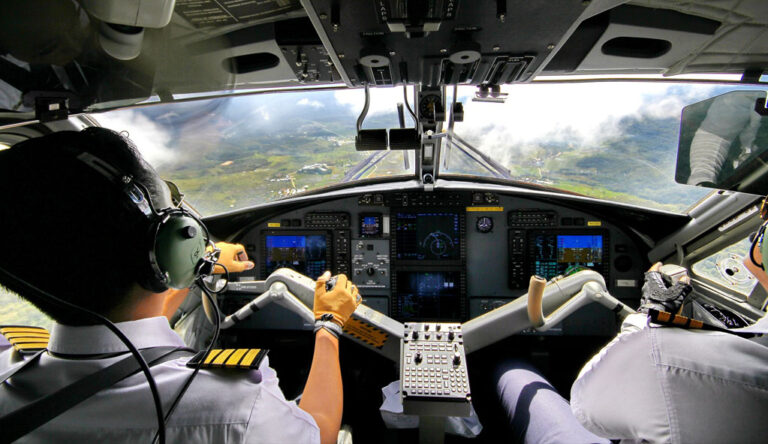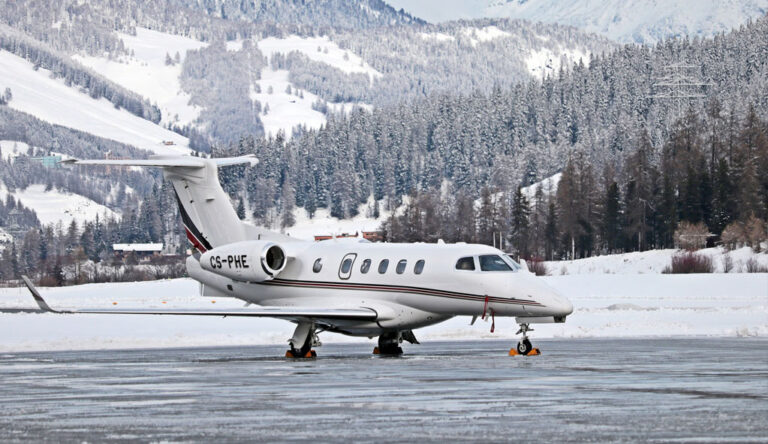CPL Flight Course
Course Overview
The EASA Commercial Pilot Certificate qualifies pilots to be financially compensated for piloting an aircraft. It is referred to internationally as a Commercial Pilot License (CPL). It is unlike the Private Pilot certificate, which is designed for recreational use. Furthermore, the PPL only permits the licensed pilot to share the flight cost.
By earning your CPL, you’ll gain advanced knowledge and skills in aviation, including navigation, weather patterns, and advanced aircraft systems. You’ll learn to handle more complex aircraft and situations, expanding your flying capabilities and making you a more versatile and valuable pilot in the aviation industry.
But beyond the technical skills, obtaining your CPL opens up countless opportunities for you to explore your passion for flying. You could pursue a career as a commercial pilot, fly for an airline, become a flight instructor, or even start your aviation business. With a CPL, the sky is the limit, and you’ll have the chance to fly in a variety of settings, from transporting people to delivering cargo.
The CPL qualification permits the holder to act as the pilot of an aircraft for remuneration and act as co-pilot (First Officer) in commercial air transportation, as pilot-in-command, co-pilot of any airplane engaged in operations other than commercial air transportation, or as pilot-in-command in commercial air transportation of any single-pilot airplane. Commercial Pilot License training is usually one of the last steps in becoming a professional pilot.
Pre-Entry Requirements
Course Structure
- Ground School Training. The theoretical training is provided in a form of several ground briefings to help you understand what will be expected of you on the following flight. You will familiarize yourself with the basic commercial operations and manoeuvres, gain further knowledge necessary for obtaining a CPL (A) and become familiar with the handling of a complex airplane.
- You need to obtain a certificate of CPL(A) theoretical examination from the local CAA. An approved CPL(A) theoretical knowledge course shall comprise at least 250 hours of instruction. For most professional pilots required exams for CPL(A) are already included in ATPL(A) theoretical examination.
- Flight Training at Volantis Professional Flight School. For IR(A) rated pilots 15 flight hours dual, out of which 5 hours are on complex aircraft. For non-IR(A) rated pilots 25 hours dual, out of which 5 hours are on complex aircraft.
- At the end of the training, the trainee must have a minimum of 200 total flight hours, out of which at least 100 hours as Pilot in Command (PIC) and at least 20 hours of cross-country flying, including one flight over 300 NM with 2 full stops on aerodromes different than aerodrome of departure.
- The flight course is held as a private lesson, an instructor is available only for the client and the flight course is set based on individual expectations, time, and pace as per specific client needs.
- Unlimited account in AVIEE.io, specialized flight debrief software, is included. We make sure to enhance your flight experience, make your training most effective and provide you with another level of security.
- Duration: 1 – 2 months.
Contact Us




